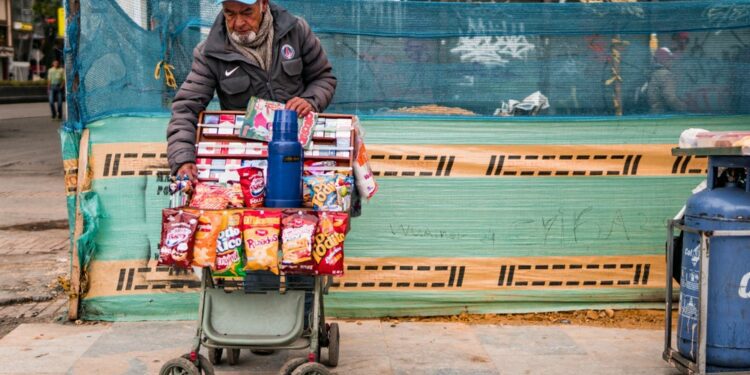The food packaging industry in Latin America is undergoing significant changes as new regulations come into effect, driving a shift towards more sustainable and transparent practices.
These regulations, particularly in countries like Mexico, Chile, Argentina, Colombia, and Brazil, are reshaping how food products are packaged and labelled, pushing businesses to adapt to a growing focus on public health and environmental sustainability.
One of the most notable regulatory changes in Latin America is the implementation of front-of-pack warning labels. These labels indicate when a product exceeds recommended levels of sugar, sodium, or saturated fats.
In Mexico, for instance, the Norma Oficial Mexicana NOM-051 has significantly impacted consumer habits, resulting in a 25% reduction in the consumption of products bearing these warning labels.
As a result, many food manufacturers are being compelled to reformulate their products and redesign their packaging to avoid these labels, which has led to a greater emphasis on healthier food options.
Chile has also introduced groundbreaking legislation aimed at encouraging sustainability in packaging.
The Ley de Responsabilidad Extendida del Productor (REP) requires companies to take responsibility for managing the waste produced by their products, promoting the use of recyclable materials and designs that facilitate recycling.
This aligns with the country’s commitment to the circular economy. Complementing this, Chile’s Ley de Plásticos de un Solo Uso seeks to reduce single-use plastics, particularly in food services, by encouraging the use of biodegradable alternatives.
This move towards sustainable materials is making a clear mark on the packaging sector.
In Colombia, significant steps are being taken to address plastic waste, with regulations targeting the gradual reduction of single-use plastics.
These regulations are encouraging the adoption of biodegradable and recyclable materials and providing clear timelines for eliminating specific plastic products.
As a result, food packaging companies are investing heavily in research and development to create innovative packaging solutions that comply with these regulations while enhancing the consumer experience and reducing environmental impact.
This includes exploring new materials, extending product shelf life, and incorporating technologies for better food traceability.
Ultimately, the evolving packaging regulations in Latin America are driving a transformation in the food packaging sector. Companies that adapt to these changes will not only meet regulatory standards but also cater to a growing consumer base that is increasingly concerned about health and sustainability.
Story Continues
As these regulations continue to evolve, the industry is poised to become more sustainable, with packaging innovations playing a pivotal role in reducing environmental impact.
“New regulations reshape food packaging in Latin America” was originally created and published by Packaging Gateway, a GlobalData owned brand.
Â
The information on this site has been included in good faith for general informational purposes only. It is not intended to amount to advice on which you should rely, and we give no representation, warranty or guarantee, whether express or implied as to its accuracy or completeness. You must obtain professional or specialist advice before taking, or refraining from, any action on the basis of the content on our site.
Source link : http://www.bing.com/news/apiclick.aspx?ref=FexRss&aid=&tid=67458a5f02b042e6afc0fe83fbf073a3&url=https%3A%2F%2Ffinance.yahoo.com%2Fnews%2Fregulations-reshape-food-packaging-latin-072136557.html&c=4558481860288162420&mkt=en-us
Author :
Publish date : 2024-11-25 18:52:00
Copyright for syndicated content belongs to the linked Source.












